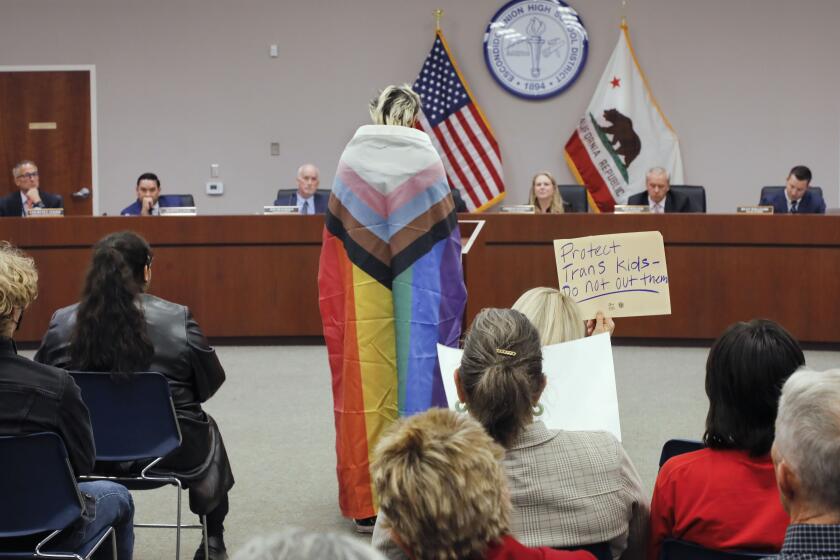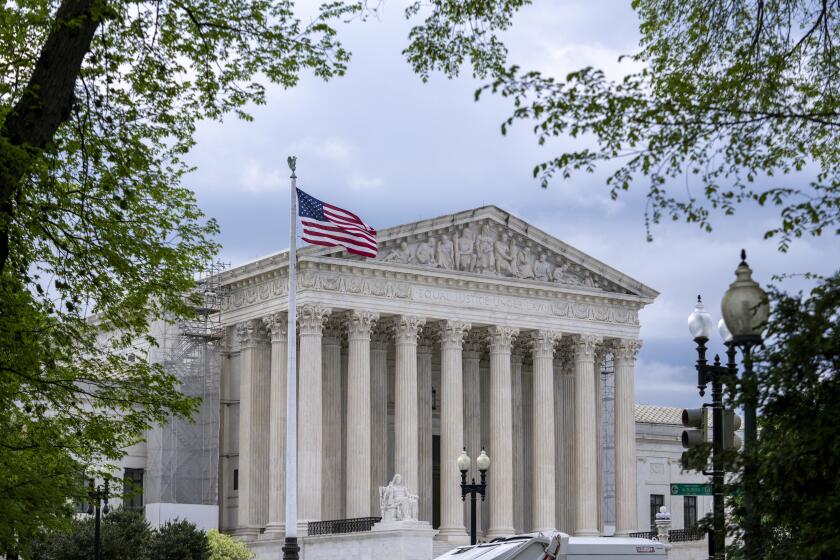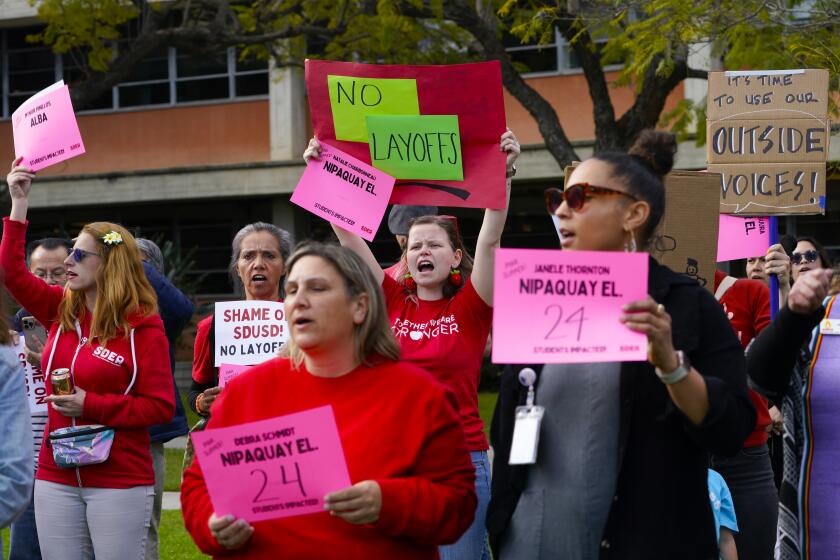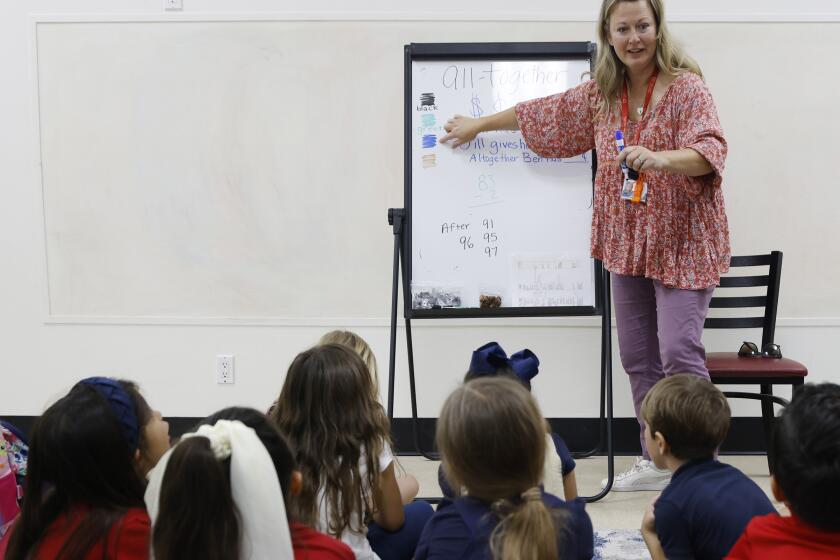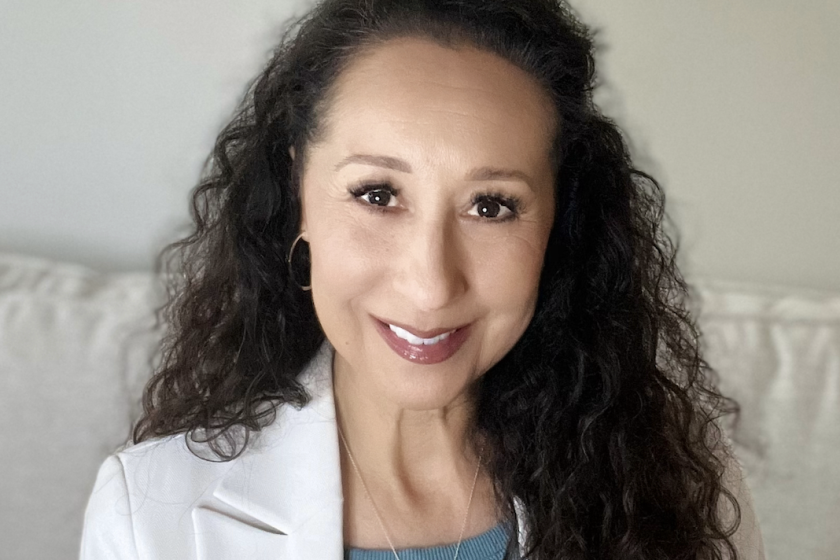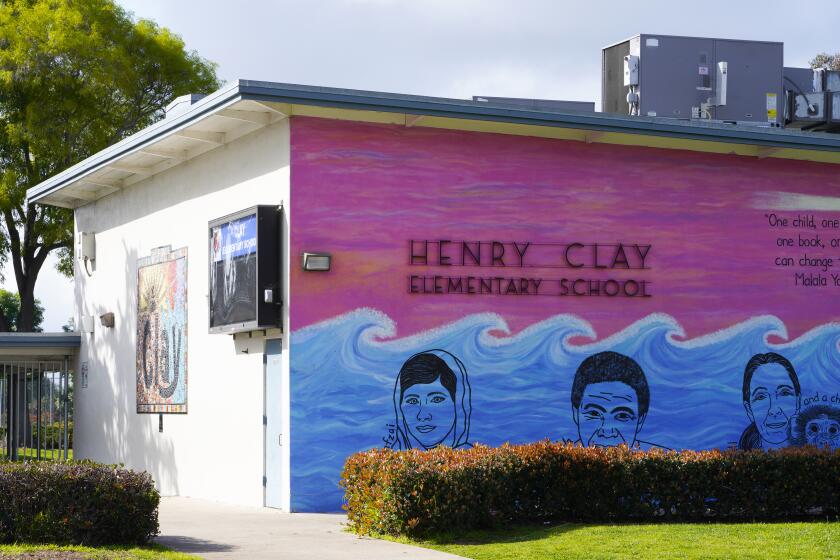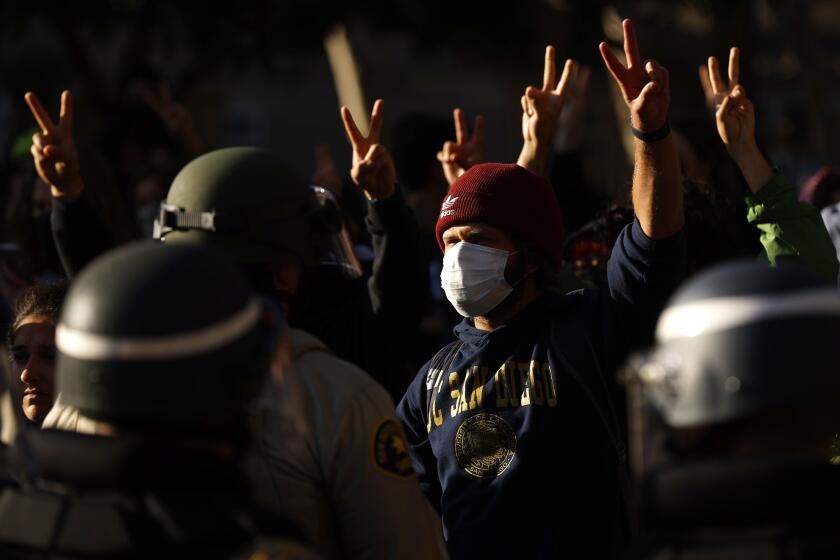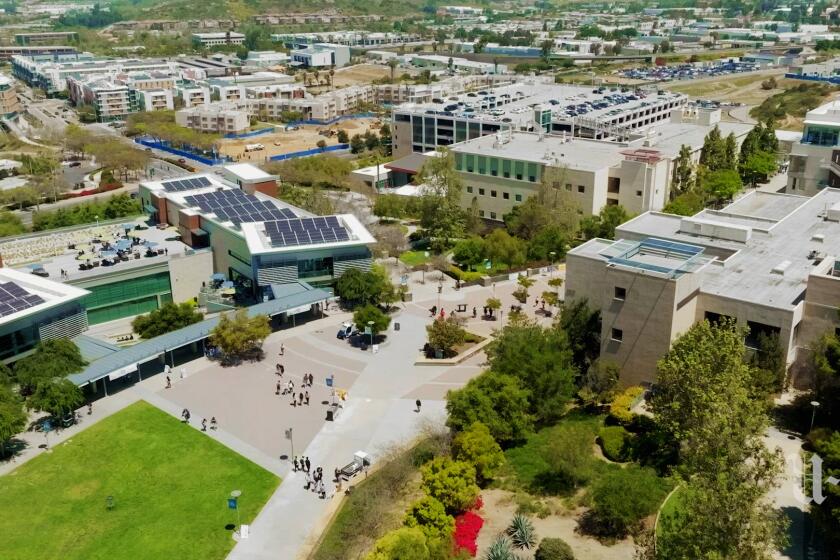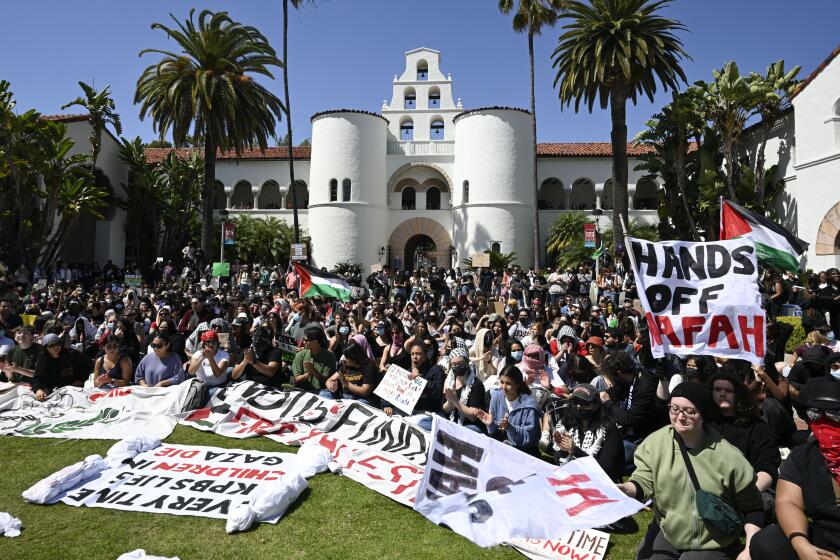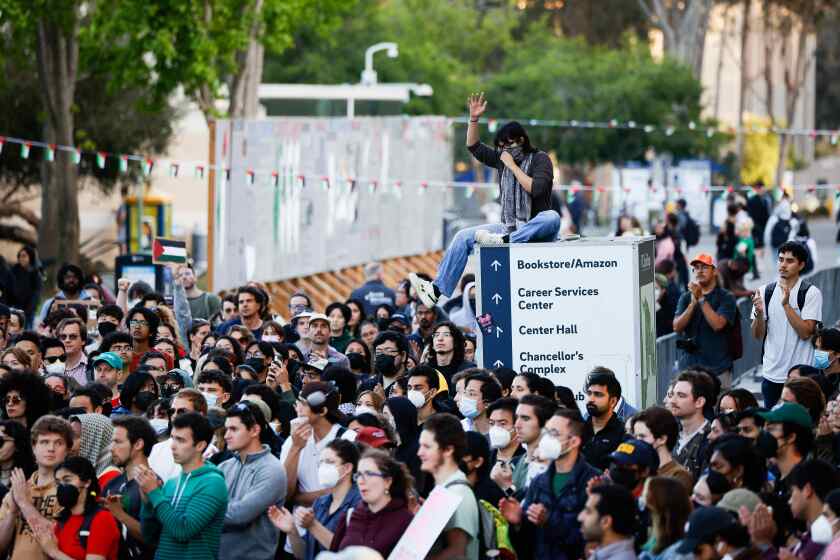Who are the financial backers of San Diego’s school bond measure? Charter schools, labor unions and construction companies.
A charter school advocacy group, labor unions, architects, engineers and others have together spent more than $622,000 on the campaign to pass a San Diego Unified School District bond measure in November, making it San Diego County’s most expensive school bond race for the Nov. 6 election.
If it passes with at least 55 percent of the vote, Measure YY would raise property taxes by $60 per $100,000 of assessed valuation for 39 years, so someone with a house assessed by the county at $500,000 would pay $300 per year. The bond would authorize $3.5 billion for projects, but after factoring in interest, it’s expected to actually cost $7.5 billion by the time it’s completed.
Advocates of the bond say it will help keep students safe. The bond, which is supported by a campaign committee named “Safety and Learning for Our Schools,” would include school building safety and security improvements, modernization and repairs and classroom technology.
But the bond also includes language about building new facilities, not just improving old ones. The bond includes language that would allow the building of new school administrative facilities, joint-use athletic fields, performing arts theaters and facilities for marine science, language and health science education.
The bond proposal has fueled controversy largely because it’s the third time that San Diego Unified has asked voters to raise taxes for a bond measure since 2008. The district is still spending money from two other bond measures — the $2.1 billion Proposition S, which was passed in 2008, and the $2.8 billion Proposition Z, which was passed in 2012.
As is typical of school bond proposals, the vast majority of Measure YY’s campaign donors are labor unions and businesses that could benefit from school construction projects.
Six of the seven most generous campaign donors are labor organizations that have collectively donated $265,000.
Other donors are architecture firms and engineers in addition to construction managers and contractors. Some of those businesses have already worked on school projects under Proposition Z.
Scott Barnett, spokesman for Measure YY, said there isn’t a conflict of interest in having labor unions and construction companies fund the campaign for the bond measure.
“The process for awarding contracts is a very strict process under state law,” Barnett said. “It’s always been the lowest bid.”
Measure YY’s largest single campaign donation, $150,000, came from the nonprofit California Charter Schools Association Advocates, which is the advocacy counterpart to the state’s largest charter school organization.
“School facilities are really important for everybody, but even more so for charter schools because charter schools typically, as a whole, don’t have all of the ability that a school district would have to gain facilities,” said Miles Durfee, interim senior vice president of regional advocacy for the charter school nonprofit. “Things like running your own ballot initiative for capital bond funds are not possible with charter schools.”
Not all school districts include charter schools in bond proposals. San Diego Unified was one of the first California districts to explicitly include charter schools in 2012 with Proposition Z, Barnett said.
Durfee pointed out that some charter schools were approved after Proposition Z, so they don’t have any claim to any district bond money. Some charter schools’ leases will be up soon and could use bond money to secure a new place, he added. Some charter schools squeeze themselves into non-traditional spaces such as churches because they have trouble finding the money for a more suitable space.
Measure YY sets aside $588 million for charter schools, a chunk of money that is approximately proportional to the percentage of district students who attend charters. About 17 percent of San Diego Unified students attended charters last school year.
That bond money could be used for building new facilities for charter schools, reconfiguring district school sites to better accommodate co-located charter schools and leasing property for charter school facilities, according to the bond resolution.
As of the most recent campaign finance reporting period that ended in late September, the Measure YY campaign committee had spent about $69,000 on polling research, print advertising, campaign consulting and other expenditures.
No campaign committee has been officially organized to raise money to oppose San Diego’s school bond.
The next-largest school bond proposal in San Diego County is Measure DD, which would authorize $403 million in projects for the Sweetwater Union High School District. That measure’s campaign committee has raised $100,000 so far, also from labor unions and construction-related companies. Unlike San Diego Unified’s school bond proposal, Sweetwater’s proposal does not specifically mention charter schools.
Kristen Taketa
Email: kristen.taketa@sduniontribune.com
Twitter: @Kristen_Taketa
Get Essential San Diego, weekday mornings
Get top headlines from the Union-Tribune in your inbox weekday mornings, including top news, local, sports, business, entertainment and opinion.
You may occasionally receive promotional content from the San Diego Union-Tribune.


